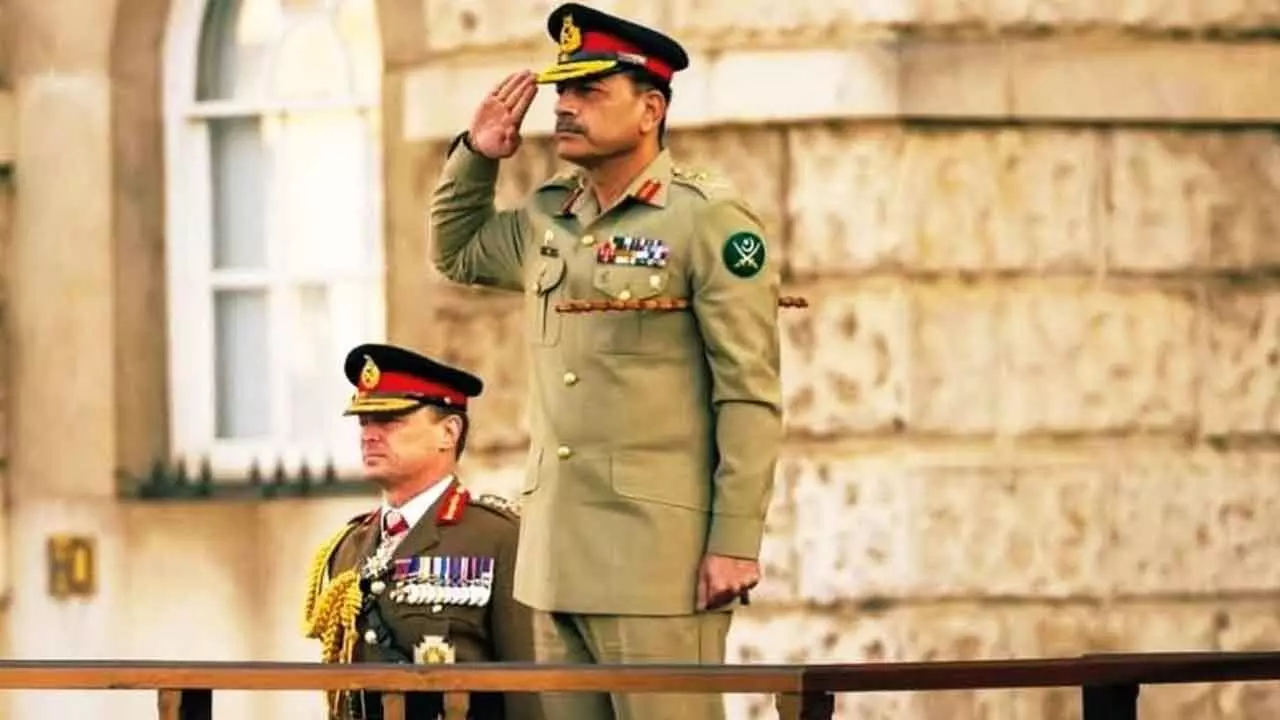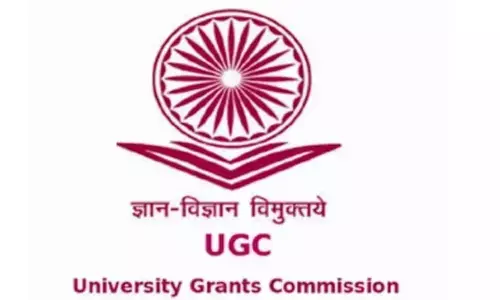Munir loses conflict, yet becomes Field Marshal

India soundly thrashed Pakistan in a four-day military conflict this month. Yet, in a development that is as laughable as it is astonishing, their civilian government announced the elevation of Gen Asim Munir, Chief of Army Staff of the Pakistan Army, to the five-star rank of Field Marshal. This move makes Munir only the second individual in Pakistan’s history to hold this title after Field Marshal Mohammad Ayub Khan. The irony and ludicrousness of the situation are striking. While traditionally military successes result in such honors, Munir has received this distinction in the aftermath of a defeat. The adage ‘victory has many fathers, but defeat is an orphan’. seems upended in this case. But then, in Pakistan’s complex civil-military dynamic, optics often mask deeper political realities; and, to Munir’s credit, he somehow managed to convince his compatriots that he emerged victorious in the conflict with India, despite innumerable video clips (many of which by Pakistanis) proving the contrary. Though formally bestowed by the civilian government under Prime Minister Shehbaz Sharif, Munir’s promotion underscores the entrenched dominance of the military in Pakistan’s political landscape.
The fact of the matter is that Munir is not just the military chief—he is the de-facto ruler of Pakistan. His behind-the-scenes role in the ouster of former prime minister Imran Khan and installing Sharif in his place is well-documented. Sharif’s premiership is largely seen as a byproduct of Munir’s influence, and the government is beholden to the general’s continued support. The comparison to Ayub Khan offers a revealing contrast. Ayub Khan, who seized power in a coup in 1958, appointed himself as the President and the following year took the rank of Field Marshal. He claimed to have done so in response to “persistent requests” from the civil society, though the promotion was self-serving. A formal proclamation promoting him was issued by his own presidential cabinet in October 1959, just before he reached retirement age. Importantly, after assuming the presidency, Ayub Khan appointed General Musa Khan as the Commander-in-Chief of the army and thus ceased to be involved in its day-to-day command. His focus shifted to governance with the Field Marshal title becoming symbolic rather than operational. In contrast, Munir’s elevation retains an active dimension.
His tenure, originally set to end in 2025, has been extended to 2027 following a key piece of legislation passed by Pakistan’s National Assembly in November 2024. This new law extended the terms of service for the chiefs of the Army, Navy, and Air Force from three to five years. This distinction is significant. Ayub’s title came after he had relinquished direct command, and his rise to the rank was self-proclaimed, while Munir’s promotion, though awarded by a civilian government, comes while he is still in charge of the military apparatus—making him a Field Marshal with full command responsibilities. Incidentally, the elevation has nothing to do with merit: he exhibited none in the conflict with India. With Pakistan facing economic instability, political unrest, and regional isolation, the military’s grip on the country appears stronger than ever before. Whether Munir’s new title enhances his leadership credentials or further exposes the imbalance in Pakistan’s civil-military equation remains to be seen.











